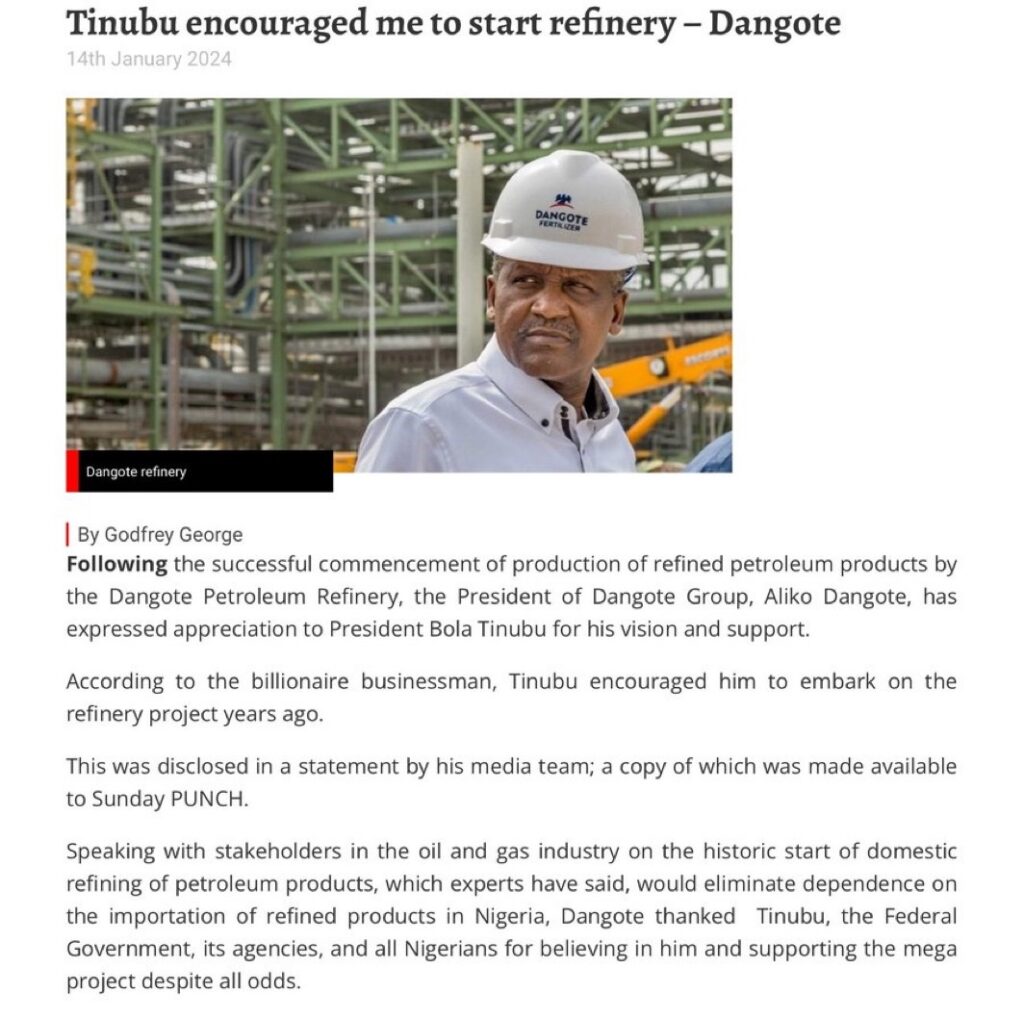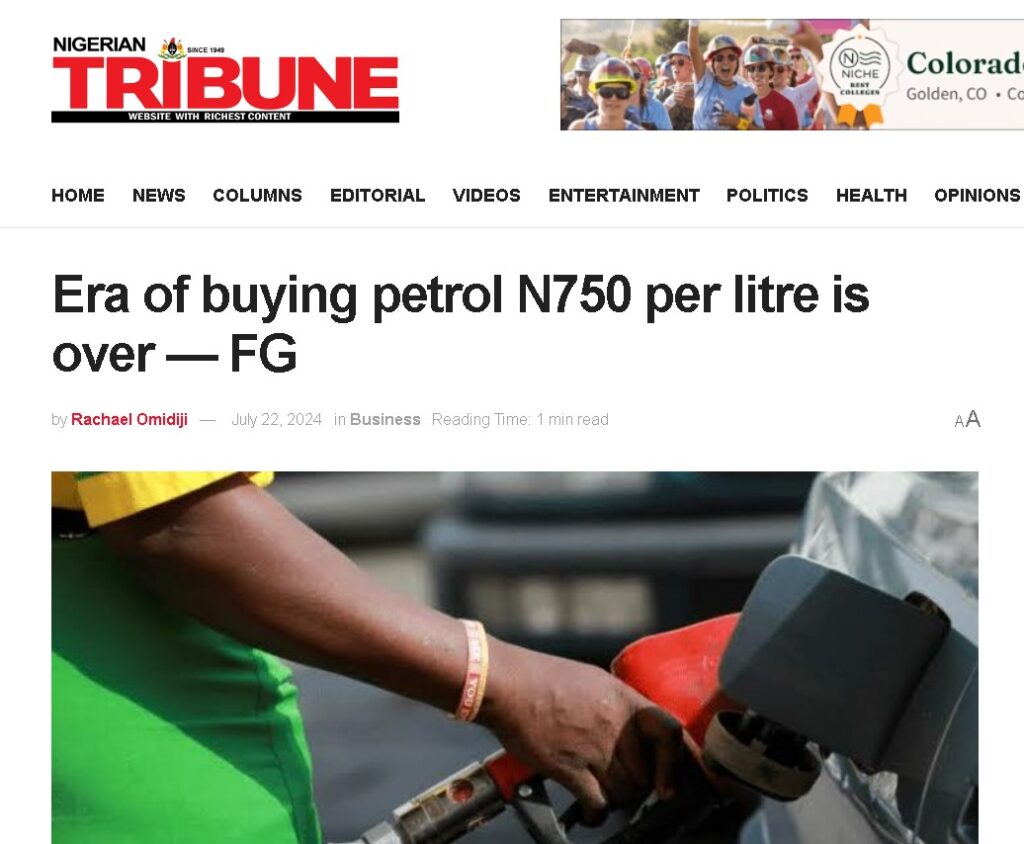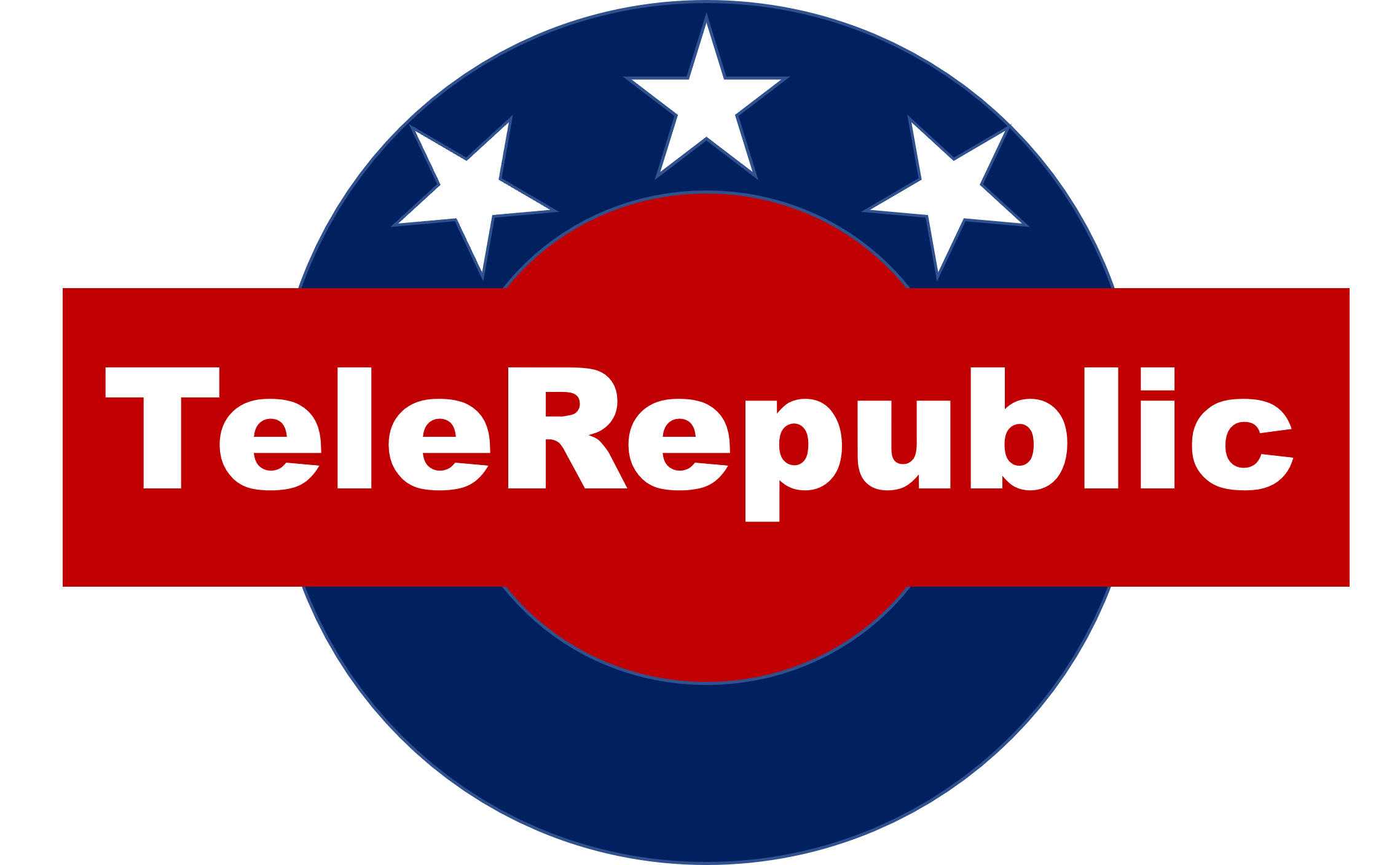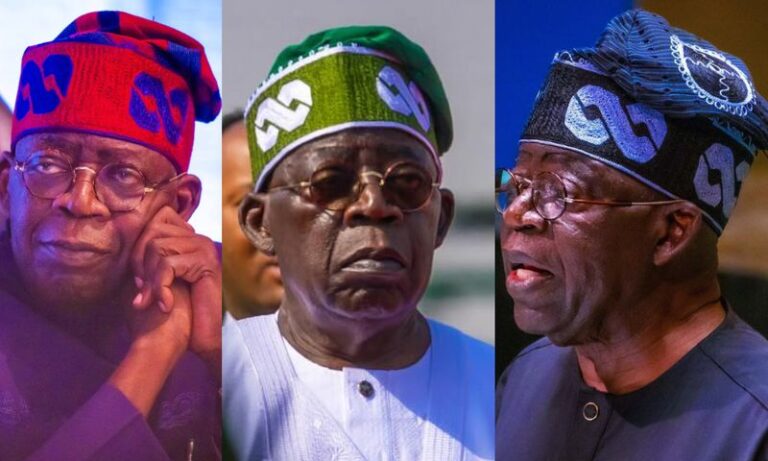Introduction
The recent announcement by Africa’s wealthiest man, Aliko Dangote, to potentially exit his multibillion-dollar oil refinery project due to frustrations with the Nigerian government’s handling under Bola Ahmed Tinubu is a damning indictment of the current administration’s failures. This decision threatens to undermine Nigeria’s economic stability and deprive the nation of a landmark achievement.
The Dangote Refinery: A Vision Betrayed
Dangote’s Ambition and National Pride
Aliko Dangote’s refinery, a $20 billion investment, symbolizes Nigeria’s potential to be a powerhouse in the global industrial sector. Initially estimated to cost $9 billion, this project aimed to curb Nigeria’s reliance on imported fuel and save up to 30% of foreign exchange spent on imports. The refinery’s capacity to produce 650,000 barrels per day promised to transform Nigeria’s energy landscape.
Operational Hurdles: A Saga of Deliberate Frustration
Since its inception, the refinery has faced numerous obstacles, many of which seem to stem from the Tinubu administration’s failure to provide adequate support and regulatory clarity. Despite an agreement for the Nigerian National Petroleum Corporation (NNPC) to supply crude oil, only 6.9 million barrels had been delivered by May 2024. This shortfall forced the refinery to seek crude from international markets, inflating operational costs and complicating logistics.
Tinubu’s Governance: A Critical Examination
Policy Inconsistencies and Regulatory Failures
The Tinubu administration has exhibited glaring policy inconsistencies and a lack of coherent regulatory oversight, which have directly impacted the refinery’s operations. The Nigerian Midstream and Downstream Petroleum Regulatory Authority (NMDPRA) allowed the importation of substandard fuel, as highlighted by Devakumar Edwin, Vice President of the Dangote Group. This regulatory failure undermines local refineries and fosters a hostile business environment.

Accusations of Monopolistic Practices
The accusation against Dangote of monopolistic practices by the NMDPRA is not only unfounded but also indicative of the administration’s failure to support one of Nigeria’s most significant industrial ventures. Dangote’s willingness to step aside and let the NNPC run the refinery underscores his commitment to Nigeria’s progress over personal gain. His statement, “I can’t take the refinery or any other property or asset to my grave. Everything I do is in the interest of my country,” resonates with a patriotism starkly contrasted by the administration’s petty politicking.

Economic and Social Implications
Impact on the Northern States and National Pride
Dangote’s potential exit from the refinery is a blow to the northern states and Nigeria as a whole. Having one of their own at the helm of such a monumental project instilled a sense of pride and economic hope. The failure to support this endeavor erodes trust in the government’s ability to foster indigenous industrial giants, instead favoring foreign interests and short-term gains.
The Threat to Nigeria’s Industrial Future
The refinery’s struggles reflect broader issues within Nigeria’s industrial sector, exacerbated by the Tinubu administration’s mismanagement. If Dangote exits, it sends a chilling message to potential investors about the risks of doing business in Nigeria. The refinery’s success could have catalyzed further industrial investments, driving economic growth and job creation.
Calls for National Protest and Accountability
A Cry for Change
The gravity of this situation demands an urgent and robust response from all Nigerians. The mismanagement and deliberate frustrations orchestrated by the Tinubu administration must be met with widespread protest. It is imperative for citizens to hold their leaders accountable and demand policies that support rather than stifle economic progress.
Unified Action Against Governance Failures
This call to action is not just for the benefit of the Dangote refinery but for the future of Nigeria’s economic independence. The time for passive observation is over; the time for active, unified protest is now. Nigerians must rally together to ensure that the failures of the Tinubu administration are addressed and that future policies are crafted to promote and protect national interests.
Conclusion
Aliko Dangote’s potential exit from his refinery project is a national tragedy born out of governance failures under Bola Ahmed Tinubu. This administration’s inability to support one of Nigeria’s most significant industrial initiatives is a stark reminder of the urgent need for accountable and competent leadership. The call for nationwide protests is a call for the reclamation of Nigeria’s industrial future, for the pride of having one of our own lead in the global industrial sector, and for the economic prosperity of all Nigerians.
Bolded Points for Emphasis:
- Dangote’s refinery symbolizes Nigeria’s potential in the global industrial sector.
- Tinubu administration’s policy inconsistencies and regulatory failures have crippled the refinery’s operations.
- Accusations of monopolistic practices against Dangote are unfounded and damaging.
- Dangote’s exit threatens national pride and economic stability, particularly in the northern states.
- Nationwide protests are essential to hold the administration accountable and demand better governance.
The need for unified action has never been more critical. This is a moment for Nigerians to rise, protest, and reclaim their industrial and economic destiny from a government that has failed them.




